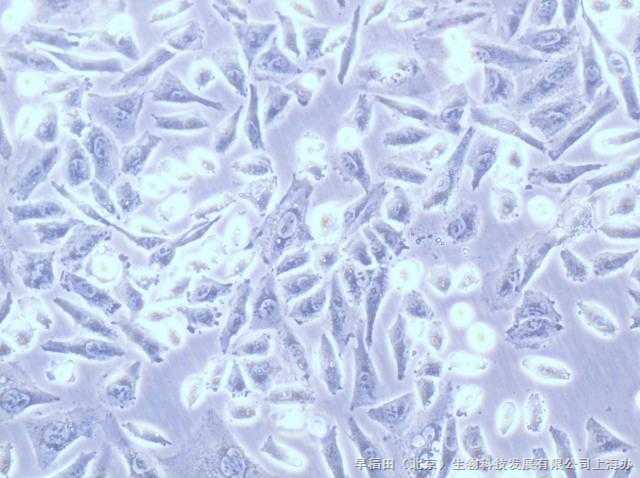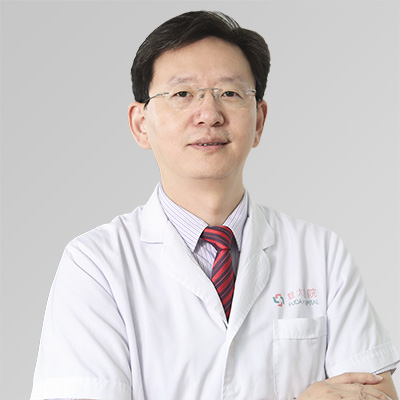Recently, Nada (alias) returned to the hospital to begin her ninth round of immunotherapy.
This marks the fifth year since she was diagnosed with melanoma, a malignant tumor caused by the abnormal proliferation of melanocytes. Surgery is one of the essential treatment methods. However, even after the surgical removal of the lesion, many patients still experience recurrence and metastasis. So how should we deal with its "comeback"?

Melanoma Develops from a Skin Lesion
Nada, from Malaysia, first noticed a lump on her right cheek in October 2019. Some local doctors thought it was acne, while others suspected it was a sarcoma. However, as time went on, the lump became more noticeable. Following her doctor’s advice, Nada underwent surgery, and the post-operative pathology indicated melanoma.
To control the tumor's progression, Nada underwent over 30 radiotherapy sessions and nearly 20 immunotherapy treatments. She was thrilled when her PET-CT scans in 2021 and 2022 showed no sign of tumors. Unfortunately, the good news didn't last. A review at the beginning of 2023 revealed multiple metastatic tumors in her liver. This news was hard for Nada to accept, but she insisted on continuing active treatment.
Nada underwent several rounds of immunotherapy, but the results were disappointing. Despite switching to various immunotherapy drugs, the liver metastases were not controlled and continued to grow. The tumor progression caused her abdomen to swell to the size of a six- to seven-month pregnancy, along with full-body edema, difficulty breathing, and trouble sleeping. Her family sought help from doctors far and wide, knowing that single-agent immunotherapy was not enough, and a new treatment approach was needed.
Transition to Fuda Cancer Hospital in Guangzhou for Continued Treatment
"Why not try localized chemotherapy?" Nada had never heard of this treatment in Malaysia. A friend informed her about a National Clinical Key Cancer Specialty Hospital in China, known for its specialized techniques, which might offer a solution. Given that her uncle and friend had received treatment at Fuda Cancer Hospital in Guangzhou and were doing well, she decided to give it a try.
Through the head of Fuda Cancer Hospital’s office in Malaysia, Nada contacted Prof. Niu Lizhi. After an online consultation and receiving an initial treatment plan, she and her husband came to China in March 2024 to receive treatment at Fuda Cancer Hospital’s Medical Department 3.
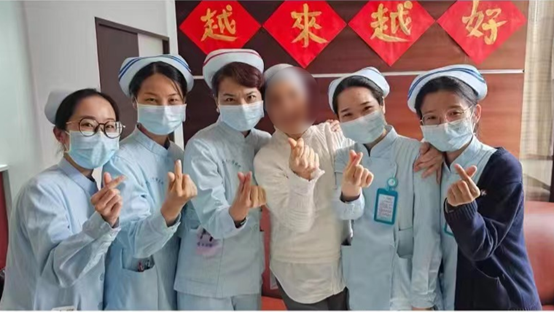
Upon admission, tests revealed that Nada’s liver was significantly enlarged and deformed, with multiple metastatic tumors pressing on surrounding veins and organs, including the hepatic veins, inferior vena cava, and portal vein, as well as the bile duct, causing adhesions. Enlarged lymph nodes were also found in several areas.
Given Nada's condition, the medical team quickly convened a consultation and developed an individualized treatment plan:
To address liver dysfunction caused by the tumor, they administered liver protection and jaundice reduction treatments.
To treat the multiple liver metastases, they performed interventional therapy—transarterial chemoembolization (TACE) combined with hepatic artery infusion chemotherapy (HAIC) as palliative anti-tumor treatment.
Compared to normal liver tissue, liver tumors tend to receive their blood supply from the hepatic artery. Based on this, the team inserted a microcatheter into the hepatic artery, delivering embolic agents and chemotherapy drugs directly into the tumor’s blood supply via transarterial chemoembolization. This technique starves the tumor by cutting off its blood supply, causing tumor cells to die from ischemia and hypoxia. Chemotherapy drugs were then injected into the tumor tissue to kill cancer cells directly, ultimately leading to tumor necrosis.
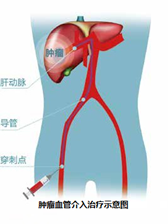
Hepatic artery infusion chemotherapy is a regional form of local chemotherapy, where a super-microcatheter is selectively placed into the primary artery supplying the liver tumor. The chemotherapy drugs are continuously administered into the artery supplying blood to the tumor. This method avoids the dilution of chemotherapy drugs throughout the body, as seen with traditional intravenous chemotherapy, and reduces the “first-pass effect” in the liver, thereby lowering side effects. The combination of these two techniques creates a synergistic effect, offering more options for liver cancer patients.
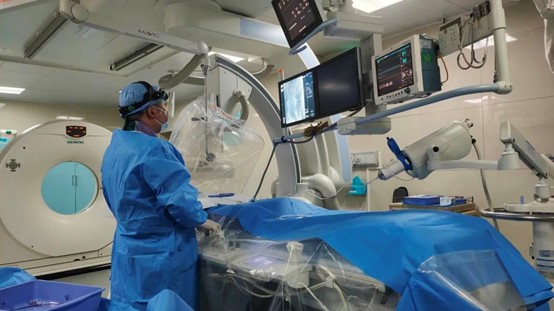
During this period, immunotherapy was also combined to stimulate and enhance the body's immune function, aiming to control and destroy tumor cells.
Nada shared that after the first interventional treatment, although the edema remained, her condition gradually improved. By the fourth treatment, she was no longer suffering as much. Currently, her edema has subsided, and her abdominal bloating has eased. Follow-up tests show no signs of recurrence in the right side of her face, and some of the liver metastases have shrunk.
“This is a huge surprise.” For Nada and her husband, it was the unique techniques, close teamwork, and attentive service at Fuda Cancer Hospital that led to their current joy.
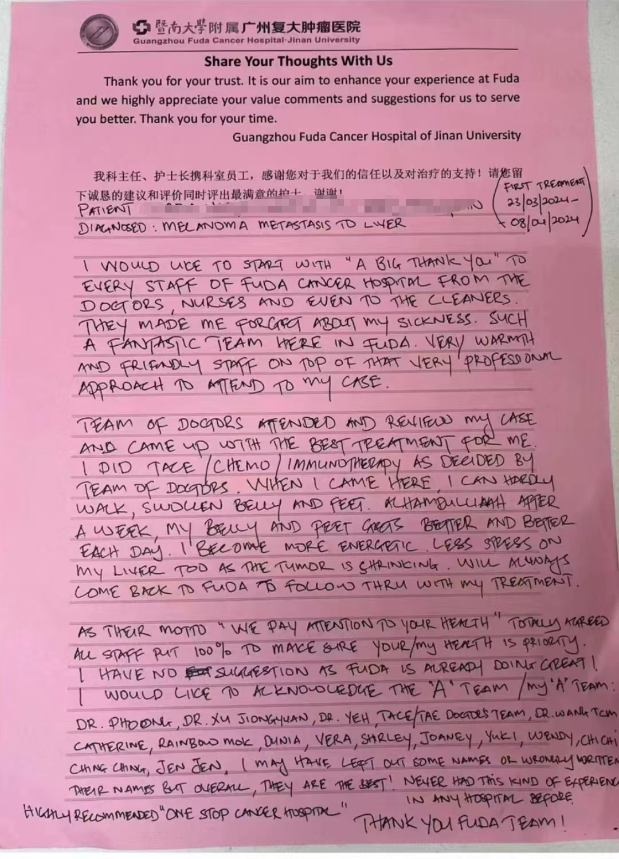
Nada even wrote a letter of thanks, stating: "From being pushed into the hospital in a wheelchair to now being able to walk out on my own, this reflects the hospital’s medical standards. To me, you are an ‘A-grade hospital.’ Whether it’s the doctors, nurses, interpreters, or cleaning staff, everyone is full of energy, constantly encouraging me, and making me feel warm. I feel like I’m not undergoing treatment, but rather enjoying my time with you. Before, I was full of sorrow, but now I am happy. Thank you for your selfless dedication.”
